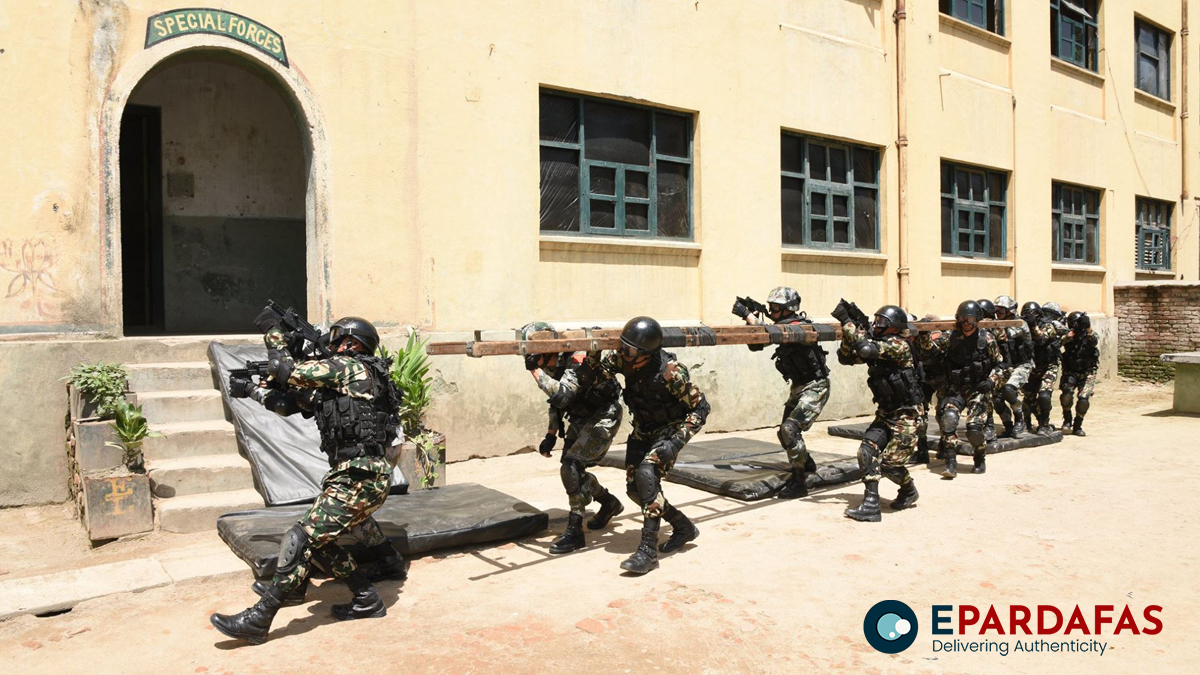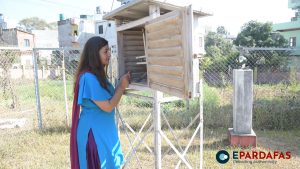
Nepal-China ‘Sagarmatha Friendship’ Joint Military Exercise to Resume After Four Years
The fourth edition of the joint military exercise between the Nepali Army and the Chinese People’s Liberation Army (PLA) is set to take place in China from September 21 to October 1, marking the first such collaboration between the two nations since 2019. The hiatus was due to the COVID-19 pandemic, which put a halt to in-person military exercises despite ongoing discussions and the eventual removal of the virus-related restrictions.
Resumption of ‘Sagarmatha Friendship’
The joint military exercise, known as ‘Sagarmatha Friendship,’ will be held in Chongqing, a city near Chengdu in Sichuan Province. This exercise aims to enhance the military cooperation between the two countries, focusing on counter-terrorism, warfare, and disaster management. The previous editions were similarly themed, reflecting the shared concerns of both nations regarding potential security challenges.
The resumption of these exercises comes after prolonged discussions and efforts from both sides. The outgoing Chief of Army Staff (CoAS), Prabhuram Sharma, had been particularly keen on reinstating the exercises during his tenure, sending a high-ranking officer, Major General Premdhwoj Adhikari, to China to negotiate the terms. This visit catalyzed the revival of the joint drills, and preparations are now underway, involving both the Nepali Army and the Chinese embassy in Kathmandu.
International Reactions and Geopolitical Implications
The revival of the military exercises between Nepal and China has raised eyebrows among other regional and global powers, including India, Japan, South Korea, the United States, and several European nations. These countries have expressed discomfort, citing concerns over China’s expanding influence in Nepal, which they perceive as a potential threat to regional stability.
Diplomats from these nations have, in the past, voiced their opposition to the military cooperation between Nepal and China, questioning its legitimacy and potential implications for Nepal’s geopolitical stance. However, the Nepali Army maintains that such exercises are routine and in line with the country’s broader defense strategy. Nepal also conducts similar joint military exercises with the United States and India, the latter under the name ‘Surya Kiran.’
Participants and Focus
The upcoming exercise will see the participation of at least 18 troops from each country, with Nepal sending its Special Forces to take part in the drills. A three-member observation team from the Nepali Army, including Major General Pradeepjung KC, will also be present. The exercises will focus on counter-terrorism, warfare tactics, and disaster management—key areas of interest for both nations in addressing emerging security challenges.
The ‘Sagarmatha Friendship’ exercise was first held in Kathmandu in 2017, with subsequent editions taking place in Chengdu, China, in 2018, and again in Nepal in 2019. This fourth edition in China signifies the continued commitment of both nations to enhancing their military cooperation despite external pressures and challenges.
Looking Ahead
As the Nepali Army and the PLA prepare to engage in this significant military exercise, the event underscores the deepening military ties between Nepal and China. While the exercises are primarily focused on counter-terrorism and disaster management, their geopolitical significance cannot be overlooked. With China’s increasing involvement in Nepal, other neighboring countries, particularly India, remain watchful of the potential shifts in regional dynamics.
The resumption of the ‘Sagarmatha Friendship’ exercise signals a renewed chapter in Nepal-China military relations, one that will likely continue to influence the broader geopolitical landscape in South Asia. As the exercise unfolds, it will be closely observed by both regional powers and the international community, eager to understand the implications of this military partnership on the future of South Asian security.
- Rastriya Swatantra Party MP Challenges PM Over Corruption at Pokhara International Airport
- Contempt of Court Case Filed Against Nepali Congress General Secretary Gagan Thapa
- Over Five Billion Rupees in Unspent Budget Returned to State Treasury
- Depleting Water Sources in Mustang Threaten Agriculture and Livestock













Comments